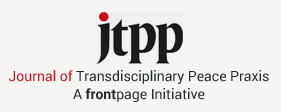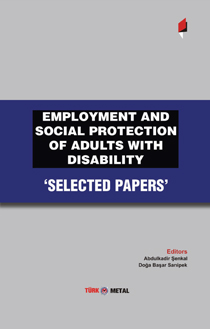Description
Social protection programmes are important policy tools to tackle the most common socioeconomic problems such as poverty, insecurity and social exclusion. As it is well known, people with disabilities are among the poorest and socioeconomically marginalised sub-groups of the world population.
With the intensification and spread of welfare state practices in the post-war period, social protection programmes were developed rapidly in a very large range of countries to directly address all disadvantaged groups. While designing, these programmes are generally associated with active employment status, and accordingly measures are taken to facilitate the employment of people with disabilities. More specifically, social security of disabled people is tried to be provided through employment in the most effective and permanent way.
In the light of this general framework, this study consists of twelve outstanding articles on the social protection of persons with disabilities through employment. Particular attention has been paid to the selection of articles, together with the best examples of both theory and practice. For this purpose, it has been tried to create a basic reference resource that will benefit the experts, academicians and other groups who are interested in the field.
Abdulkadir Şenkal, PhD on social policy, is the Dean of Law Faculty at Kocaeli University, Turkey. His research interests centre around social policy, welfare state and poverty. Abdulkadir has authored books, and papers in several national and international journals.
Doğa Başar Sarıipek, PhD, is an Associate Professor at the Economics and Administrative Sciences Faculty, Kocaeli University, Turkey. His works are concentrated particularly in social policy, and specifically in rights-based and charity-based social protection, welfare theory and conditionality as well as nation-beyond forms of social policy. Doğa has published many papers in several national and international journals and books.





